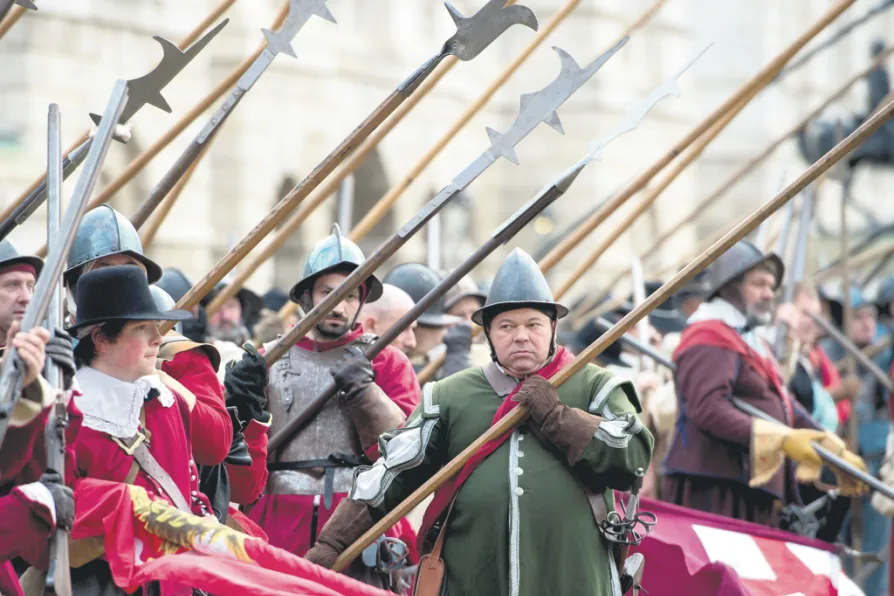As Colombia approaches presidential elections next year, the US decision to decertify the country in the war on drugs plays into the hands of its allies on the political right, writes NICK MacWILLIAM


JANUARY 30 marks the 370th anniversary of the beginning of modern parliamentary democracy in Britain. On that day King Charles I lost his head in Whitehall and a government under Oliver Cromwell and then his son Richard ran things until 1660 when the monarchy was restored. It is of course still with us.
One might think that the birth of what was in effect the first parliamentary system anywhere in the world would warrant some degree of commemoration and indeed celebration. It will not of course. The 350th anniversary in 1999 did see some events and exhibitions which in the main focused on what a terrible thing it was that the forces of the New Model Army and the new Commonwealth had had the temerity to actually execute a monarch.
So January 30 is not, as it should be, a national holiday. The current Prince Charles, who may yet become King Charles III, will maintain an official silence, since 370 years on the royal family have still not come to terms with what happened on that January day in 1649.

In 1981, towering figure for the British left Tony Benn came a whisker away from victory, laying the way for a wave of left-wing Labour Party members, MPs and activism — all traces of which are now almost entirely purged by Starmer, writes KEITH FLETT

Who you ask and how you ask matter, as does why you are asking — the history of opinion polls shows they are as much about creating opinions as they are about recording them, writes socialist historian KEITH FLETT

KEITH FLETT revisits debates about the name and structure of proposed working-class parties in the past

The summer saw the co-founders of modern communism travelling from Ramsgate to Neuenahr to Scotland in search of good weather, good health and good newspapers in the reading rooms, writes KEITH FLETT














